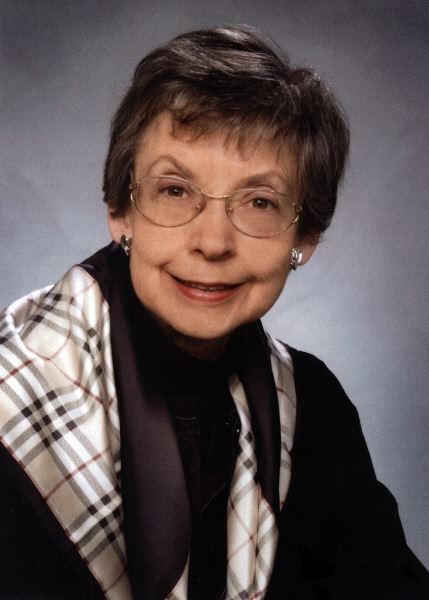How did you become involved in AJHA?
I was delighted to be one of the first members of this organization. I thought any group specifically dedicated to the study of journalism history would be a great asset to me as a junior faculty member attempting to gain tenure. The fact that it had a publication, American Journalism, made it particularly useful because it provided an additional venue for publication besides Journalism History. I thought the field needed them both so scholars would have sufficient exposure for their research to join tenured ranks.
What do you see ahead for the field of journalism history?
I am afraid for the future of the field. Universities are cutting back on liberal arts classes including history in general. Along with professional coursework, AJHA members used to be able to teach stand-along journalism history classes. Unfortunately, these classes often have been squeezed out as the professional curriculum has extended to cover multi-platform and digital communication. The emphasis now is on sellable skills for graduates, not necessarily on expanding their minds by study of the past to chart the future. The drama of history is being exorcised.
What should journalism historians do to preserve their field?
Apparently, communication classes so far have escaped the chopping block. Journalism historians must make every effort to ensure these classes include an historical perspective. Also, journalism historians must broaden their interests to cover all types of media, encouraging students to understand how and why various forms of communication arise in response to technical innovations.
How do your research interests fit into this gloomy picture?
I have always been interested in studying how women and minorities have been submerged in the public communication process. Due to current political pressures, the future of courses in gender and ethnic studies looks uncertain. Those of us concerned with the inclusion of marginalized groups in scholarly research must make sure that communications coursework does not neglect this area. Personally, I am planning to study the publicity campaigns of the Women’s Christian Temperance Union (WCTU) of the late nineteenth and twentieth centuries, certainly not anyone’s hot topic. To me, however, such research may yield understanding of the role of conservative women in today’s rise of what is called Christian nationalism. I became interested in this subject because my grandmother, one of the first women graduates of the University of Missouri, was far more involved in the WCTU than in the suffrage movement in Sedalia, Missouri, the town where I grew up. Today, Sedalia, like almost all of Missouri outside urban areas, is totally Trump territory. To help fathom why, I thought it would be fruitful to study concepts of women’s roles conveyed through journalism and other media forms for several generations in a small-town setting.
What hobbies/interests do I have outside of academia?
For years I have insisted on trying to play the violin. I would be thrilled to be considered half-way as good as a mediocre violinist. I am not. I also belong to several book clubs and naturally prefer historical novels.
Maurine Beasley is professor emerita of Journalism at the Philip Merrill College of Journalism, University of Maryland, College Park.

